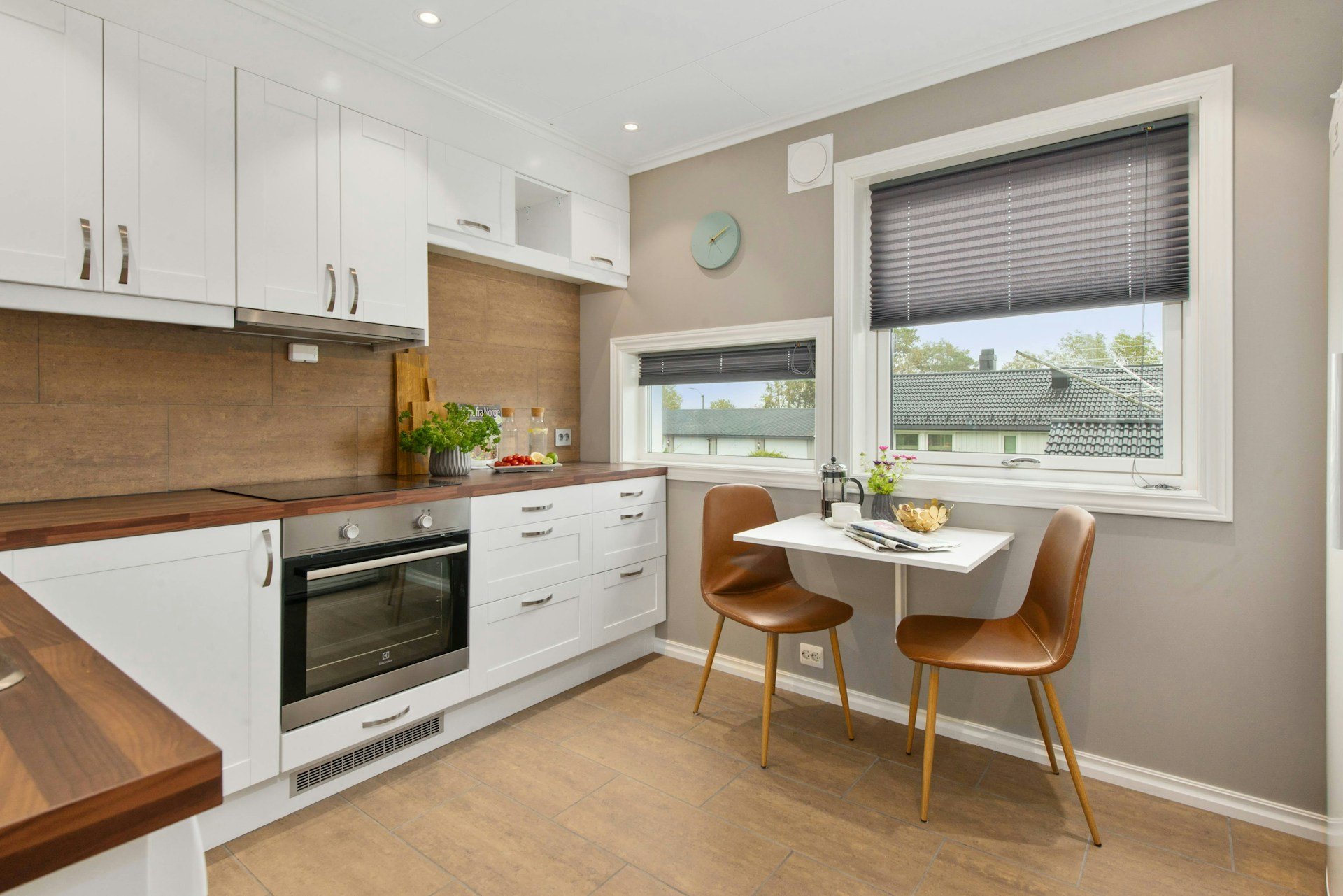Here at Situ, we’re always eager to highlight how we can help companies best accommodate their employees and relocating personnel. In this case study, we demonstrate how serviced accommodation has enabled one of our clients to achieve substantial savings and positively impact their bottom line by switching from hotels to serviced apartments for their accommodation requirements.
This established, UK-based construction company has accommodation needs all over the country for small groups of between three and four construction workers, often in more remote locations. A typical quarter’s work for this company involves six to twelve-week projects, with multiple projects running at the same time. Given the nature of the work, flexibility in extensions is a must.

This company began booking serviced apartments during the pandemic, which unlike hotels, were largely able to remain open. The construction workers could form a ‘household’, as many key workers did across the world at this time. Staying in serviced accommodation meant the construction company could comply with restrictions, allow workers to feel safe, and continue to work.
Post-pandemic, the company quickly realised the many benefits of continuing to use serviced apartments. The main visible advantages that could be immediately appreciated was the per person, per night saving over hotels. Personnel were happy to live together in serviced accommodation, whether in an apartment or house, rather than in three separate hotel rooms.
Substantial savings
In order to quantify these savings and to set a future direction for their accommodation plan, the company themselves carried out a cost analysis as part of their quarterly budget, comparing by quarter the nightly cost of staying in serviced apartments rather than in a hotel. The cost analysis showed that over a quarter, the average per person, per night saving was nearly £24.50 in serviced accommodation compared to the leading comparable hotel.
Given that multiple personnel work across multiple projects over the quarter, the construction company saved a substantial amount in accommodation fees on a per person, per night basis. This added up to tens of thousands over the financial year compared to the leading comparable hotel chain.
But the savings didn’t end there. An added saving beyond the nightly rate was gained when employees were able to shop and cook for themselves in the fully-fitted kitchens that are standard in a serviced apartment or house.
The price of a weekly grocery shop per person in the UK is currently £35.00. This falls far below the amount that employees would need in per diem subsistence amounts from their company to eat out or order room service. In fact, recent research carried out by Situ shows that the average cost in 2024 (in London) of a club sandwich, fries, and a soft drink – including tray delivery and service charge – is £36.00.
Add to this the cost of having clean clothes when staying for an extended time in a hotel using either the expensive laundry service or trekking to the nearest laundrette. The provision of washing machines/dryers that feature in serviced accommodation is a significant advantage for anyone staying in serviced accommodation, but particularly for those working in the construction industry, and comes included in the cost. These amounts all add up when added to the savings already made on the nightly rate.
The hidden cost benefit of less employee sickness
The other major advantage that the company identified was less sickness when their employees stayed in serviced accommodation, due to reduced exposure to sickness bugs in hotel receptions and outside eateries. This was cited as a definite win, given that absent personnel can impact a construction company’s bottom line significantly. Absenteeism leads to over-running projects with the financial penalties that this entails, from needing to finance more days of worker pay to fines for projects not being completed on time.
On the other hand, both the increased physical and mental health that the construction company reported when their employees stayed in serviced apartments had a tangible impact on the company’s balance sheet as well as increased employee satisfaction.
As a result of their cost analysis and the experience of their employees, the construction company decided to carry on using serviced accommodation rather than hotels to accommodate their personnel. Situ is proud to continue to provide the client with exceptional serviced accommodation, using our expert knowledge of the construction industry’s needs to meet their accommodation requirements and to provide the best service possible.

Similar savings for relocating employees
In the light of these findings, Situ carried out a further piece of research in order to determine the scope of savings for those deciding between hotels and serviced accommodation when relocating.
Given that the maximum space available to a relocating family of four in a hotel would be two linked double rooms, a saving on a single serviced apartment or family house would already be likely, with additional savings made on more extended stays compared to hotels.
Using a popular booking site, Situ compared the cost of staying in serviced accommodation (including fees) to hotels in six UK locations. The locations and number of nights were all examples of those booked by Situ clients. The nightly cost was reached by taking the top five available options on the booking site and dividing the per person, per night cost by number of nights booked.
A per diem subsistence allowance of £25.00 was then added for food and a further £10.00 a week to cover the cost of laundry. After adding these to the nightly rate, it was clear that serviced accommodation did cost less than the equivalent hotel stay, with a 16% saving in Birmingham and a saving of 65% in Edinburgh.
Again, the savings on food and laundry are substantial. For those relocating, the lack of cooking facilities in a hotel would mean eating out or ordering room service – not ideal when the stay can run into weeks or months. Having a kitchen included in the per-night cost allows occupants of serviced accommodation the flexibility to cook when needed, and to prepare familiar and healthy food.
The advantages of staying in a serviced apartment or other serviced accommodation is clearly reflected in pounds and pence – and in addition, the often-unaccounted-for advantages all add up to significant savings as well. The physical and mental health benefits of a home-from-home space during an extended stay also significantly affects employee wellbeing and can impact budgets favourably – whether that’s keeping construction projects running on time or giving employees what they need to help make relocation a success.
Situ’s diverse accommodation network
At Situ, we boast one of the most diverse and geographically extensive serviced accommodation networks in the industry, spanning cities across the globe to more out-of-the way places where traditional corporate accommodation doesn’t reach. Choose from a vast range of properties – serviced apartments, houses, or aparthotels – all independently reviewed and bench-marked against leading standards of cleanliness and safety, allowing clients to book accommodation for their employees with confidence.
Do get in touch today with Situ’s accommodation specialists to find out how we can help you save thousands on your employee accommodation programme.


